
Here Are Some Ways to Help Make Sure Your Digital Cinema Project Can Be Seen
You finished making your movie, and all of your time, money and effort paid off. Your film is a finalist at a major film festival. Now it’s time for the screening. Lights are dimmed, and the audience is humming with anticipation. But wait, there’s a problem. Your film won’t be shown today. Why? You chose to encrypt your DCP, and the play key for your digital cinema package is invalid.
Today indie filmmakers around the world screen their movies in true blockbuster style. Gone are the analog and early digital days where great screenplays were overshadowed by poor audio and visual quality. The Digital Cinema Package format (DCP) offers the best possible viewing experience, and more and more film festivals are giving indie filmmakers the opportunity to screen their films in this digital format.
Unfortunately, what is often perceived as an advantage of DCP can be the Achilles’ heel of an indie filmmaker’s journey to stardom – encryption. Haunted by the Piratebays and Megauploads of the world, indie filmmakers are in love with the option of encrypting their DCP films. The theory is that, unlike film, digital formats let pirates create millions of perfect copies with a keystroke, so filmmakers must be protected.
DCP keys work without a problem nearly all the time. But occasionally we hear a horror story like the one from this year’s New York Film Festival where an invalid DCP key caused a screening catastrophe.
Baseball players have Yankee Stadium, actors have Broadway, and once a year independent filmmakers have Lincoln Center at the New York Film Festival. The best of the best have the opportunity to screen their movies in this picturesque setting, and this year Brian De Palma was the chosen one.
Scheduled to screen his new film, Passion, De Palma expected the day to end in praise, applause and even enthusiastic film critics. Instead, festival programmer Richard Pena had to break the bad news to De Palma moments before his film was scheduled to run. The Passion DCP could not be showed because of an invalid play key, and the audience would go home without seeing it.
De Palma’s New York Film Festival episode could have been avoided, and indie filmmakers can take measures to avoid the same fate.
Don’t Encrypt
A feature length DCP is a massive file that can only be played on digital projectors armed with the appropriate player software. Many cinemas have these DCP player setups, but they are prohibitively expensive for home use.
In other words, DCPs can’t be pirated and widely distributed with ease. Adding additional security to a DCP makes sense if your film has a commercial release. But if you’re an independent filmmaker getting festival exhibition, your goal is exposure to audiences, not protecting box office royalties. For festival exhibition, encryption could be unnecessary and burdensome.
Play with Time
Still, some filmmakers feel strongly about encryption despite the feared headaches. If you fall into this category, consider a couple of DCP key precautionary steps.
DCP keys are only valid for a specific time frame, and too often a key is only valid for the scheduled screening time. Inevitably, some film festivals run off schedule between audience members taking longer than expended to find their seats and Q&As running over their allotted time. The last thing you want is to have a panic attack when a film festival director tells you that your film has been pushed back by an hour.
The solution: create valid keys for at least a couple of hours before and after the film is scheduled to run. Or better yet, create a play key that authorizes play for entire length of the film festival. Independent filmmakers need exposure to audiences. If there’s such positive response to your film that it’s shown an additional time, that's not lost revenue for you — it’s great news.
Make a Backup
Even if a film is being shown on time, keys are occasionally invalid for unknown reasons in the same way that Word documents are occasionally corrupt. For this reason, consider making a backup key for your scheduled screening time.
The keys themselves cost nothing to make once you have the ability, so having extra keys on hand is a low-cost safety net.
Soon filmmakers will be able to generate DCP keys on their computers quickly and easily, and failed screenings because of DCP key lemons will be a thing of the past. In the meantime, filmmakers can take a few DCP key management precautions to make sure they can screen their masterpiece where and when the audience is ready.
Kenbe Goertzen is founder and CTO of Quvis, a digital cinema software provider. Kenbe spearheaded the image processing and content editing processes now considered standard in the television broadcast market and has been a principal behind the development of the Digital Cinema Initiative.
Did you enjoy this article? Sign up to receive the StudioDaily Fix eletter containing the latest stories, including news, videos, interviews, reviews and more.
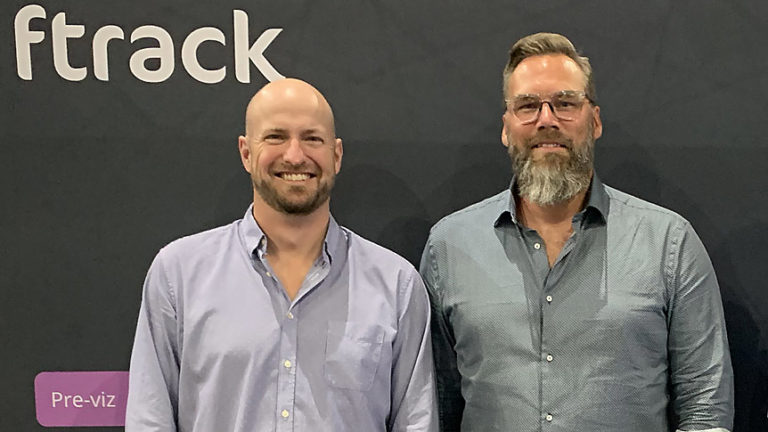
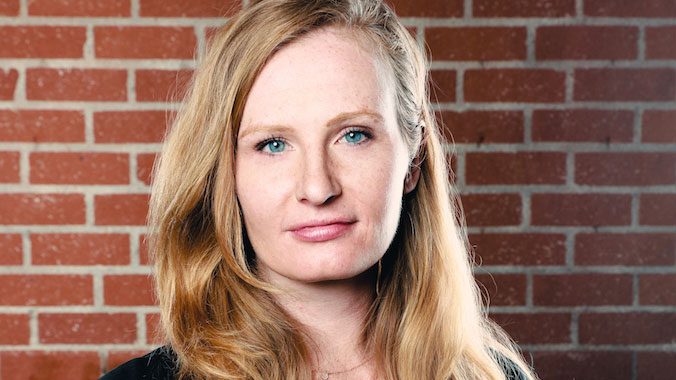


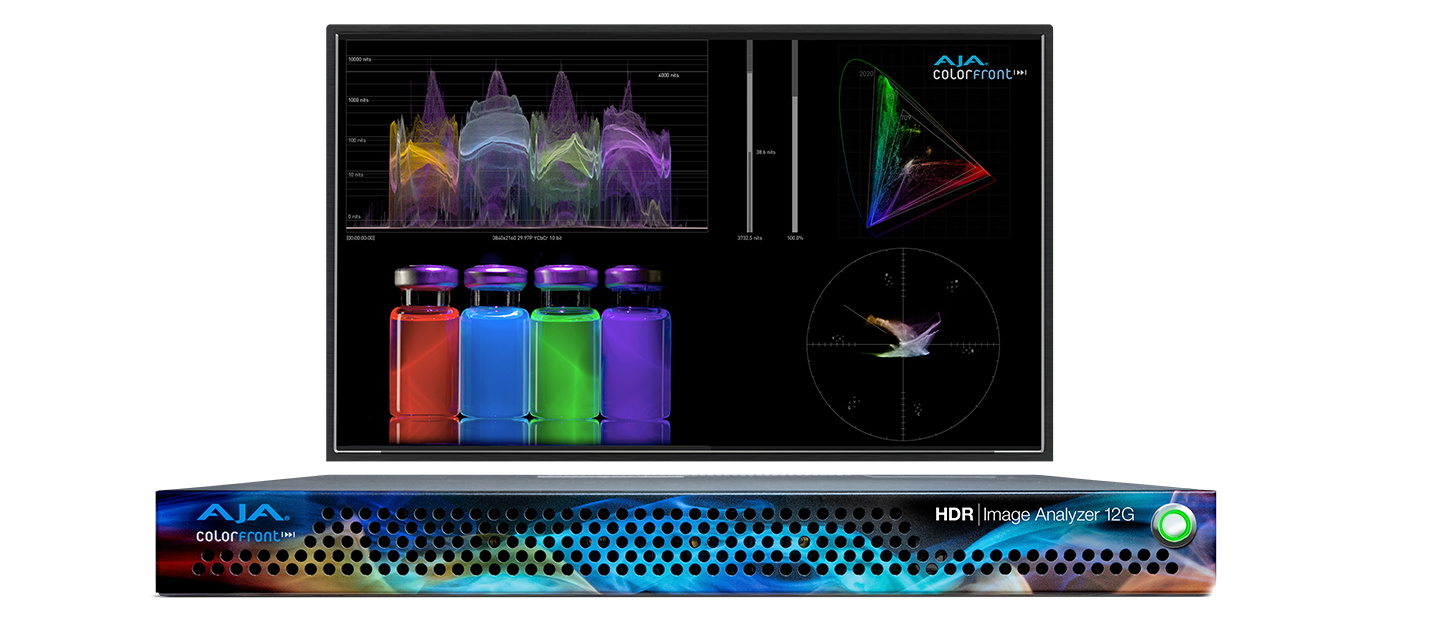
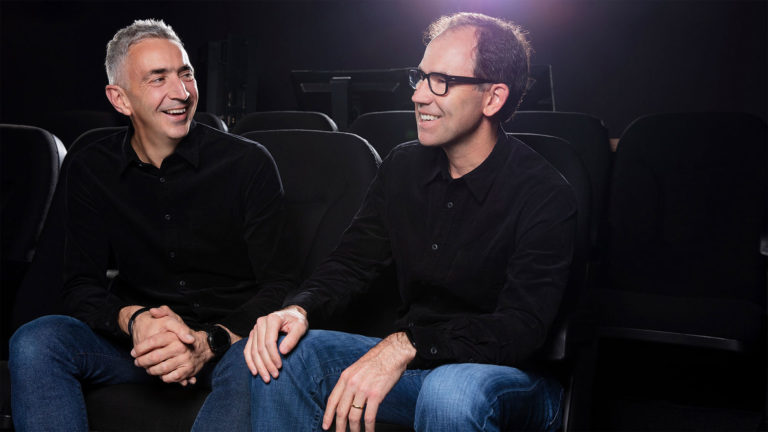


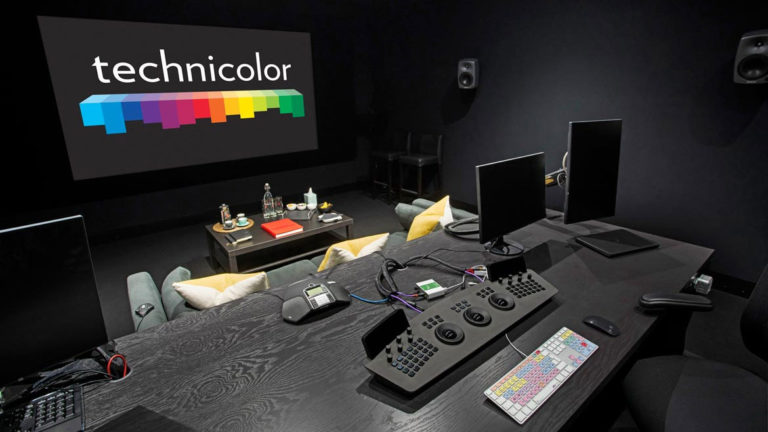

Asking filmmakers to take up the slack, and impliedly blaming a director (I doubt Mr. De Palma had a say in whether DCP, much less DRM, would be utilized at the NYFF screening) for the failures of this ridiculous system and the failure of the DCP industry to properly educate distributors and exhibitors, is appalling and offensive. Again in the film exhibition space, as has been the case with software and music, innocent purchasers, users, and audiences (and now creatives) are punished in the name of prevention of piracy. While you’re at it, why don’t you put the burden on the filmmaker to make sure that the seats in the theater are comfortable, that the temperature is set appropriately, that the sound system is sufficient to handle the volume being asked of it, and that the popcorn is fresh, too?
Wow! Where was this article a month ago!! lol! If anyone has questions about this, please: DO- NOT- be – a – “tough – guy”. Reach out to people you know who have done this, ’cause you WILL waste TIME, ENERGY, and MONEY (guaran-f’n-teed) on something which will make you old, lose hair, and yell at your kids. We just finished this process with our film. Brutal.
Doesn’t hurt to bring along a BluRay/DVD either 😉